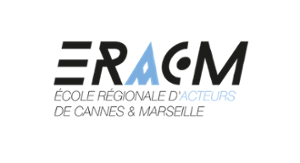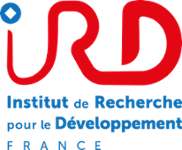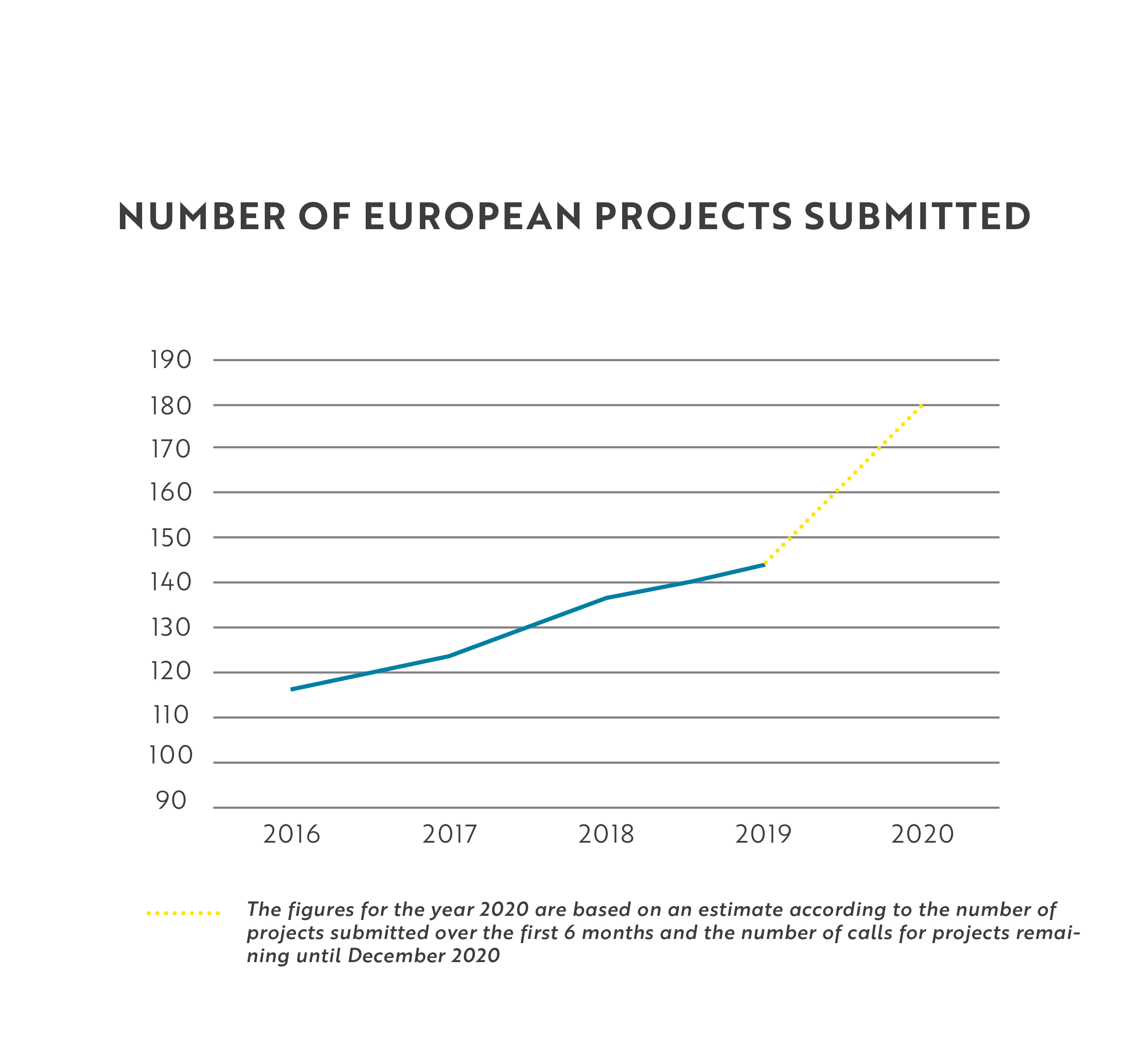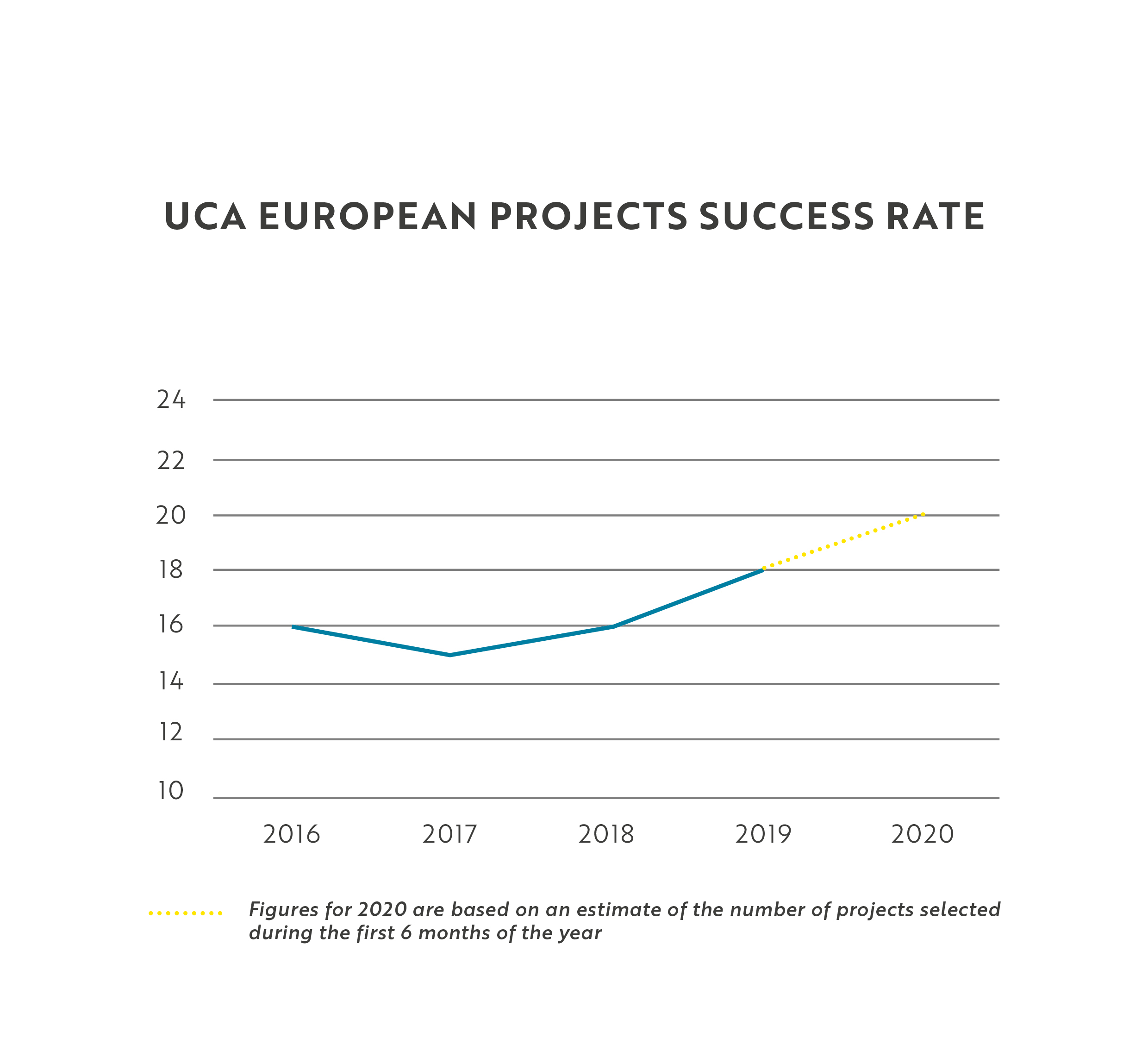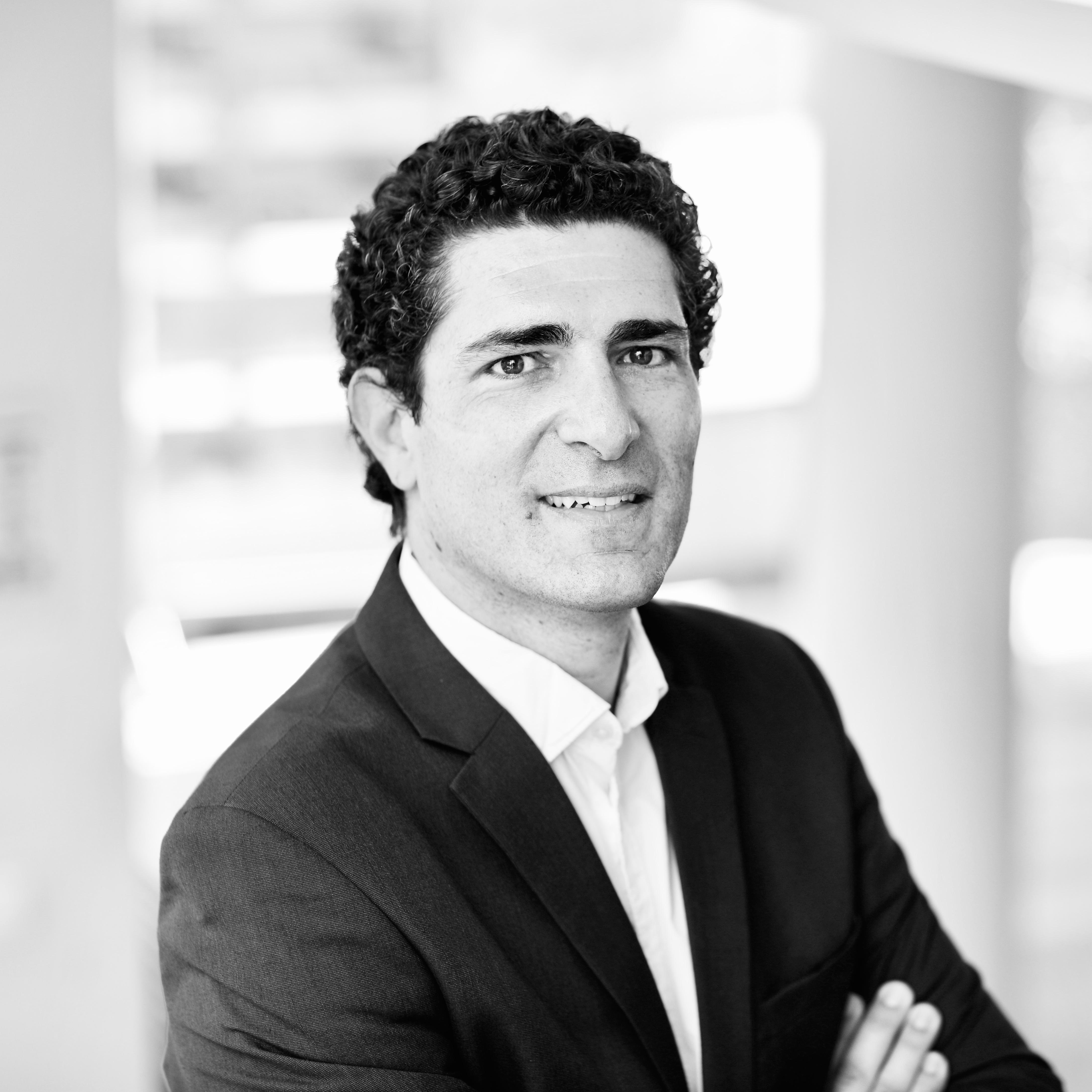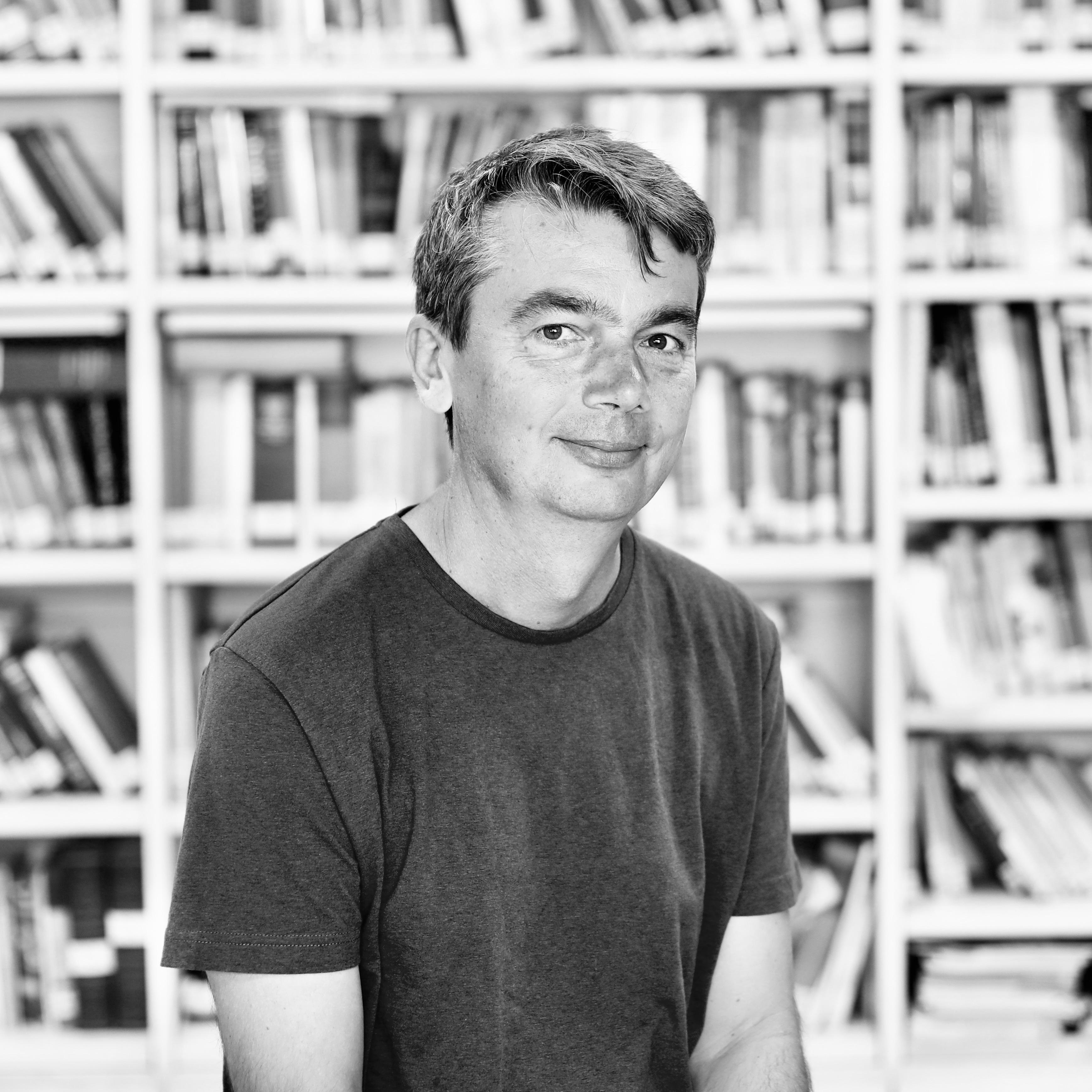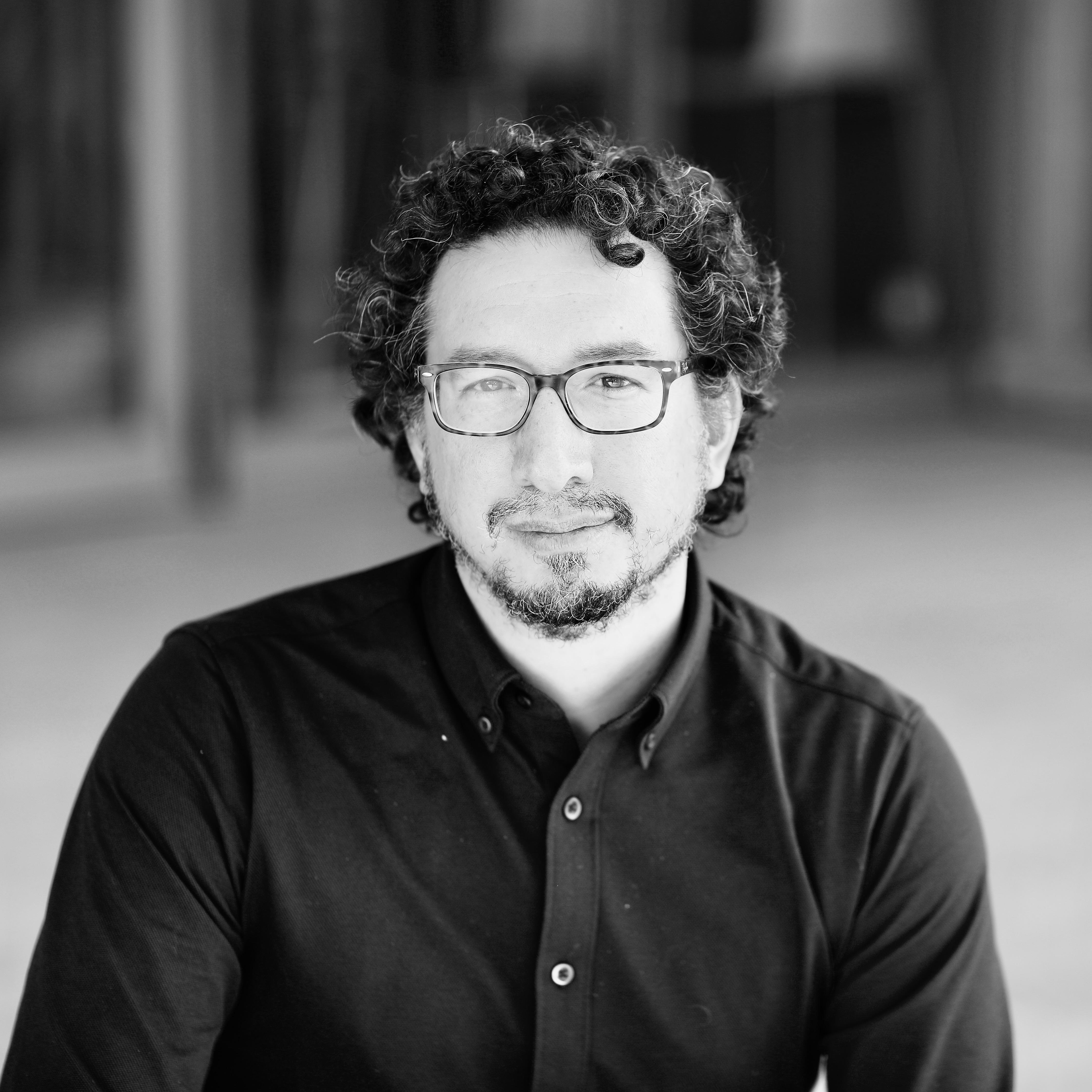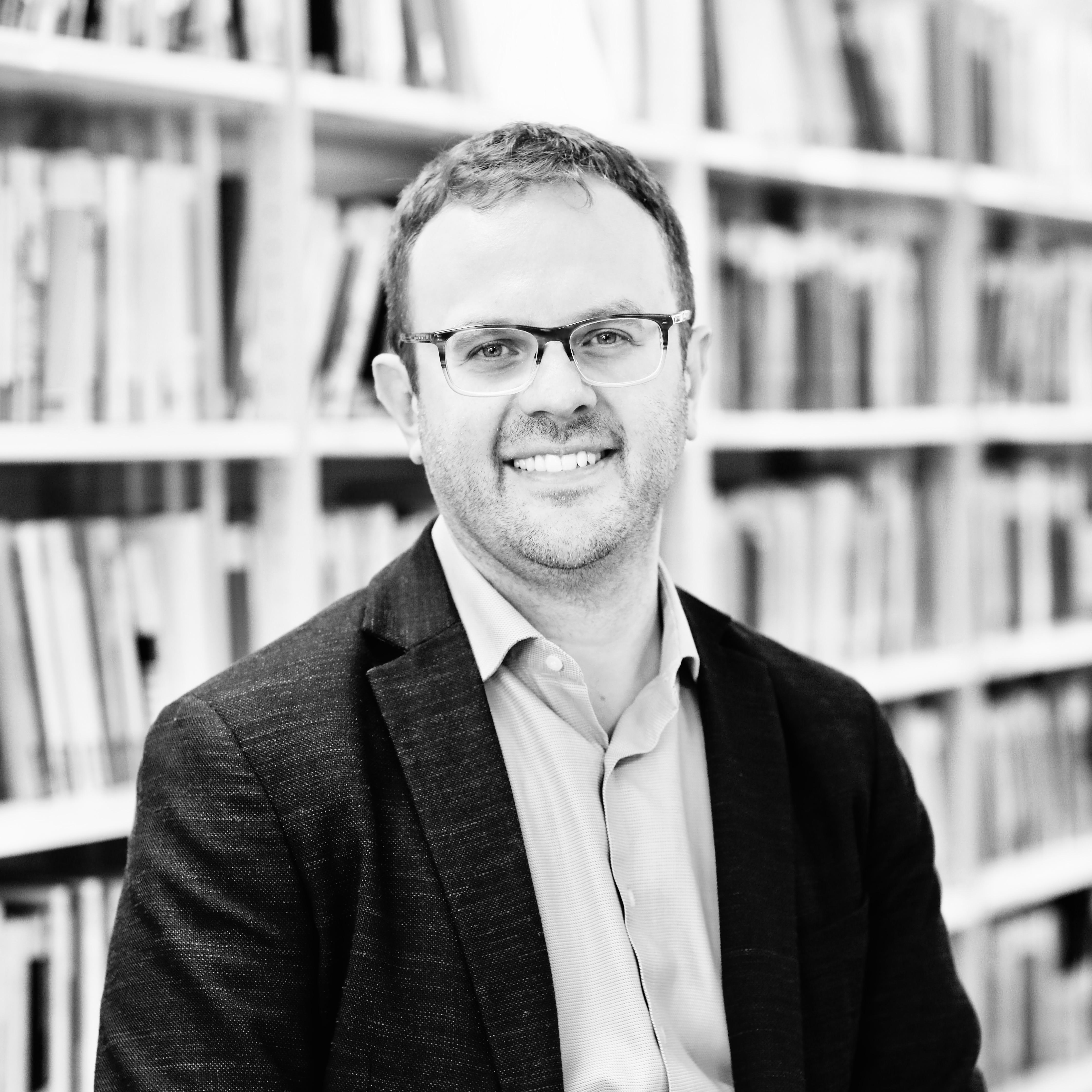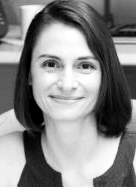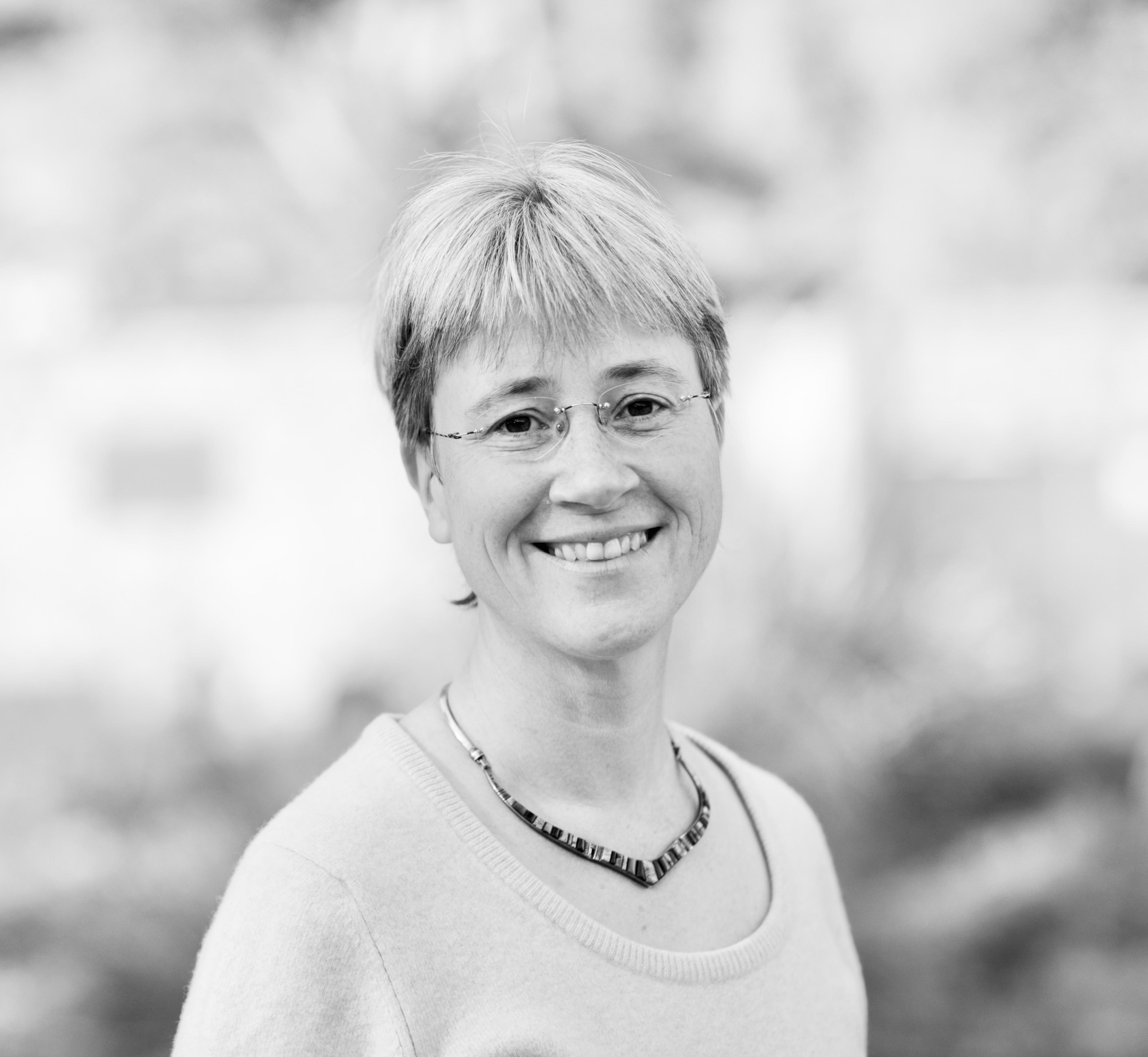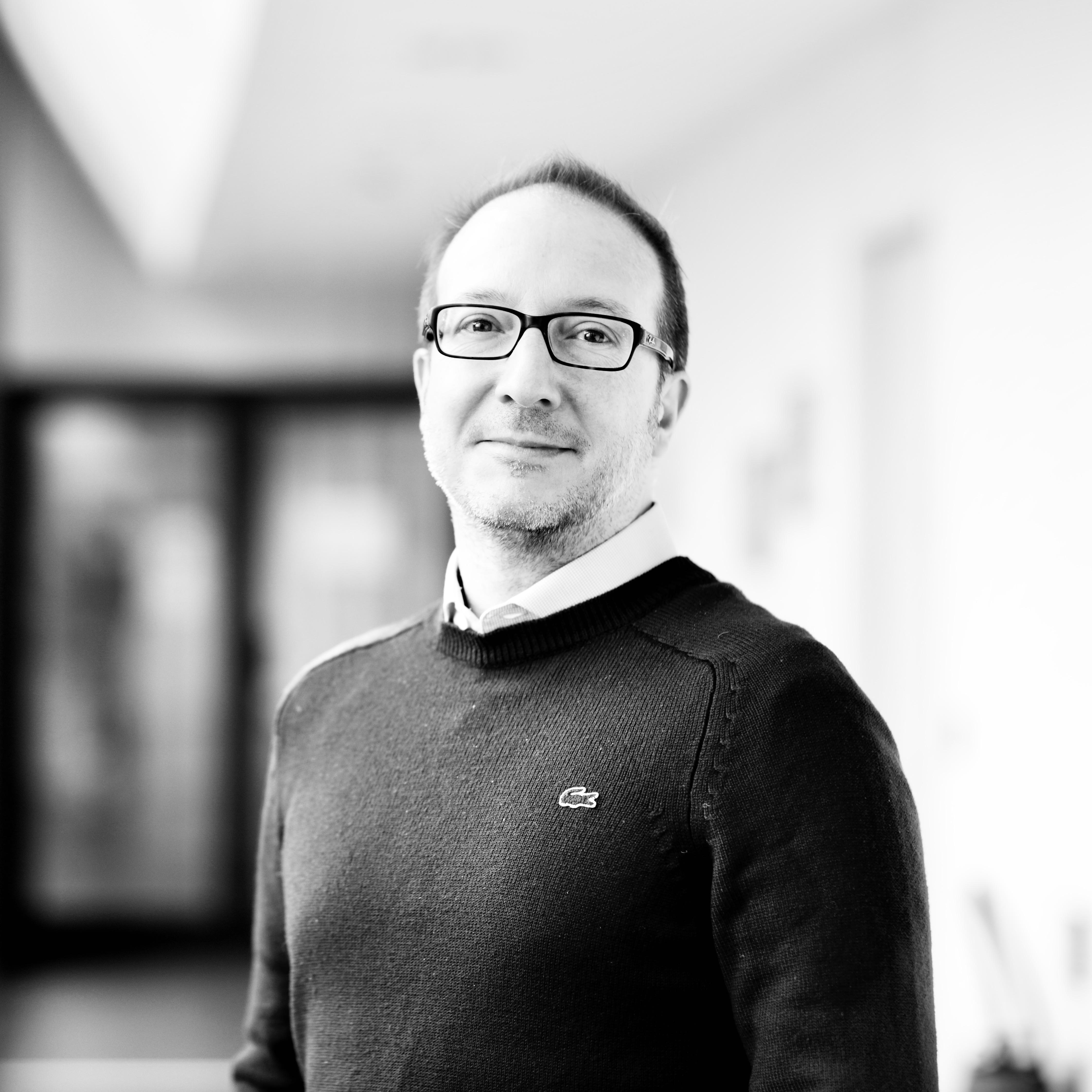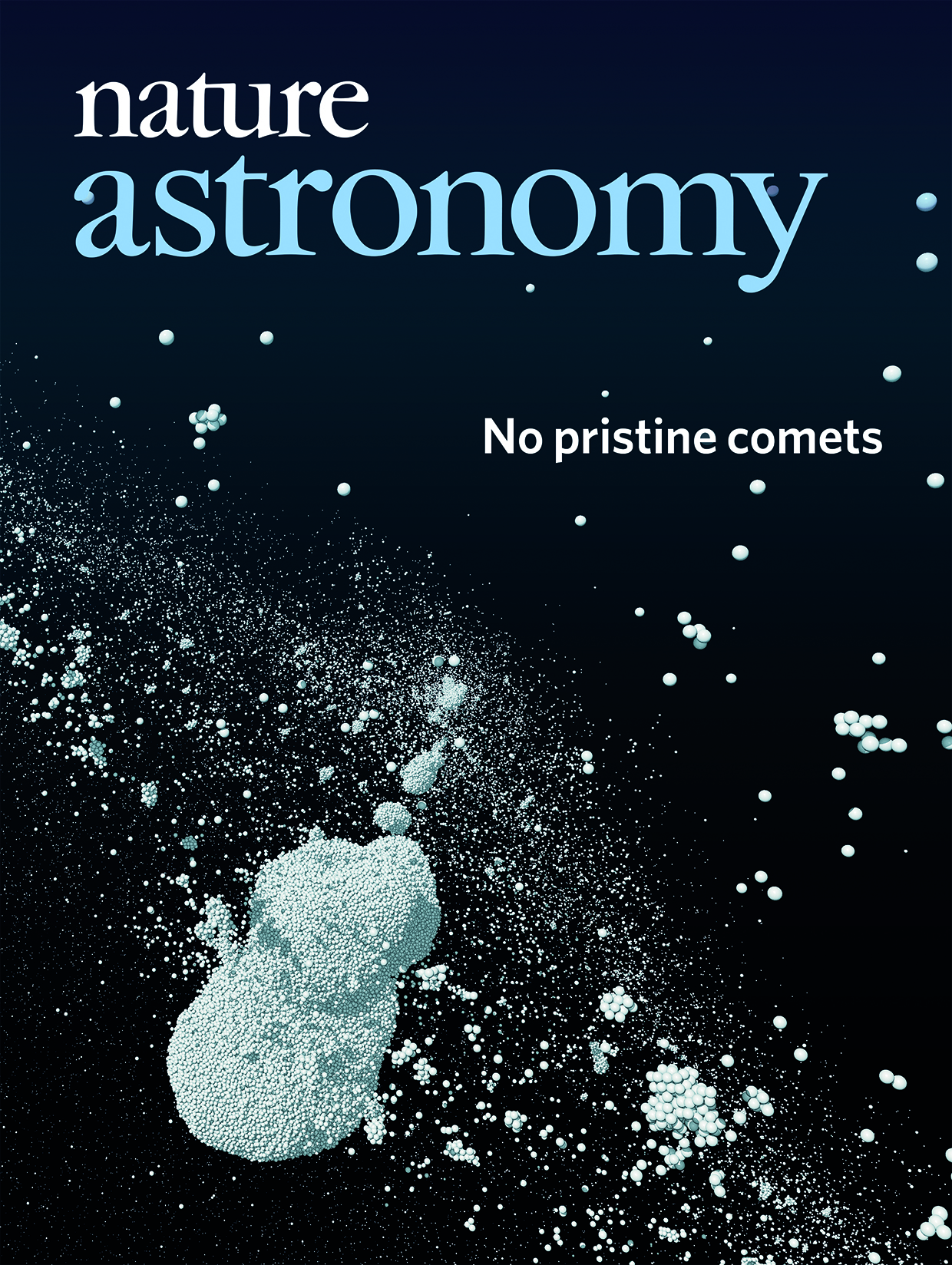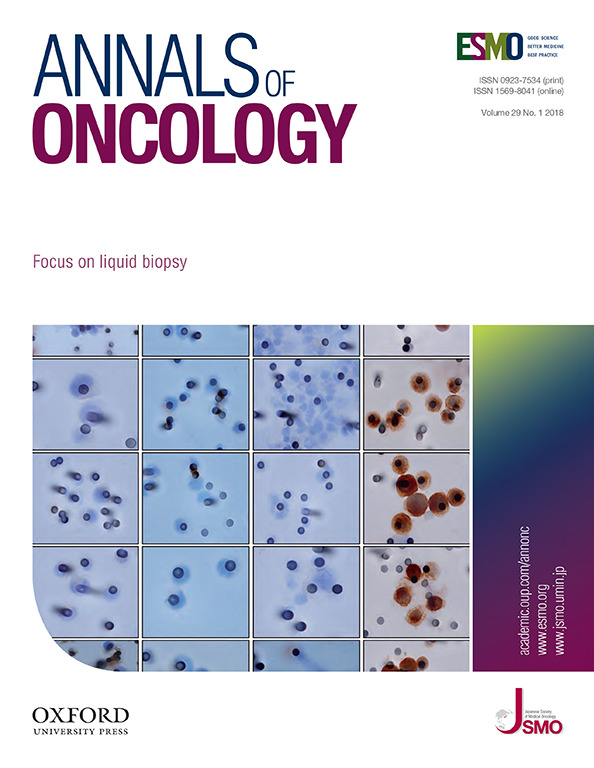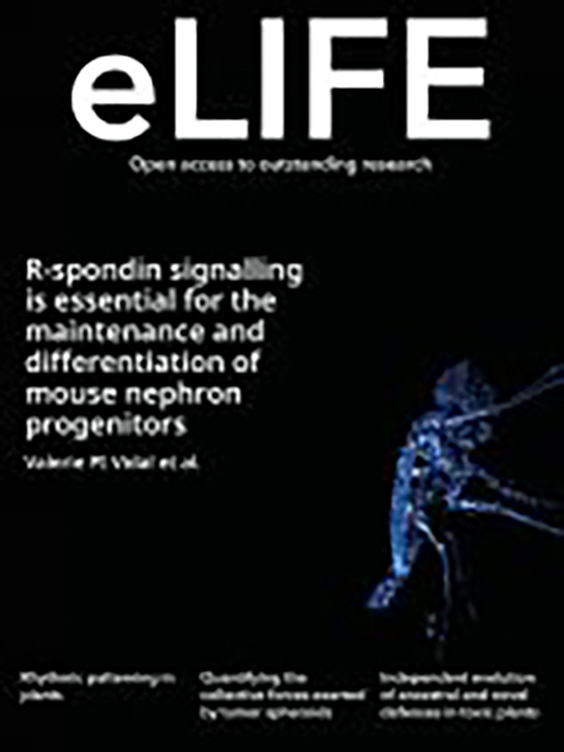Excellence in research
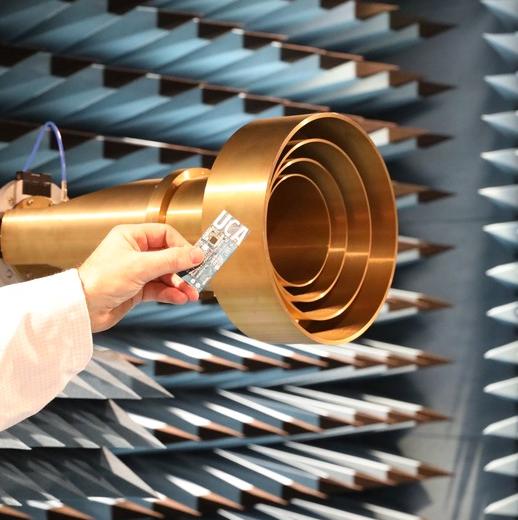
The focus on transdisciplinarity
It is only by integrating the cross-talk between several disciplines that we are able to understand the complex world around us. While UCAJEDI supports research excellence at the heart of all disciplines, we also actively promote transdisciplinarity. Transdisciplinarity arises through a process of integration and is able to transcend the specific perspectives of each discipline, each of which contribute their own specific approachs and analytical tools.
The strategy for research at Université Côte d'Azur
UCAJEDI IDEX has created various tools to support this new scientific approach:
- Academies of Excellence aimed at increasing the level of research excellence by supporting innovative projects, organizing transdisciplinarity and creating spaces for intellectual exchange between researchers from different disciplines to encourage the emergence of new concepts
- Transdisciplinary core programs aimed at developing research that connects diverse scientific fields that has been identified as strong themes for Université Côte d'Azur
IDEX structures to support excellence in research
- Transdisciplinary core programs
-
There are 9 transdisciplinary core programs, each of which focuses on several complementary projects and transversal activities: workshops, training programs, thematic schools, etc. These core programs aim to develop transdisciplinary fields of research that have been identified as strong themes for Université Côte d'Azur.
- Academies of Excellence
-
The 5 Academies of Excellence are flexible and responsive structures that fuel the creativity and renewal of research at Université Côte d'Azur. Annual funding allows the academies to support initiatives developed by their members, according to their own terms.
The missions of the academies are to:
- Create sites for intellectual exchange enabling the emergence of new concepts
- Support innovative, original and quality projects to establish themselves in the landscape of national and international research. - Center for Modeling, Simulation, and Interactions
-
The methods and tools for modeling and simulation, as well those for structuring and exploiting large sets of data, present many challenges for scientists in a variety of current and future areas of research and innovation. Thus, the UCAJEDI IDEX project has supported the creation of the Center of Modeling, Simulation, and Interactions (MSI), which is a member of the MSO (Modeling, Simulation, Optimization) network.
- Europe Research Office
-
At the initiative of UCAJEDI, Université Côte d'Azur created a single office in 2016, the Europe Research Office, whose mission is to assist all the members of the research community with their proposals and projects, with a particular emphasis on the strategic priorities identified by UCAJEDI. To sustain excellence in research at the boundaries of knowledge, UCAJEDI and the Europe Research Office specifically assist researchers in their submission of proposals to ERC calls. The result is now visible in the number and performance of Université Côte d'Azur in EU calls:
Submitted European projects Success European projects
Chairs of excellence
UCAJEDI has enabled us to attract highly skilled researchers to Université Cote d'Azur, thereby strenghtening the University's excellence in research and education.
- C. Bouveyron
-
Professor of applied mathematics (statistics and AI) at Université Côte d’Azur, Charles Bouveyron holds the Chair Inria in Data Sciences. He is research fellow and associate director at the Institut 3IA Côte d’Azur. Member of the team Epione and leader of the team Maasai in INRIA Sophia-Antipolis. His research interests include statistical learning (clustering, classification, regression) in high dimensions, adaptive statistical learning (uncertain labels, evolving distributions, novelty detection). Statistical learning on networks, functional data and heterogeneous data and applications of statistical learning (medicine, image analysis, chemometrics, humanities, ...).
Charles Bouveyron - S. Nazarenko
-
Sergey Nazarenko is CNRS research director at Université Côte d'Azur. His research focuses on fluid dynamics, turbulence, and waves, including wave turbulence, magneto-hydrodynamic turbulence, superfluid turbulence, water waves, Rossby waves, vortices and jets in geophysical fluids, drift waves and zonal jets in plasmas, optical vortices and turbulence, and turbulence in Bose-Einstein condensates.
In 2019, he was awarded, together with Giorgio Krstulovic, CNRS researcher at the J.L. Lagrange laboratory, a research grant of 8 millions from the Simons Foundation of New York to study wave turbulence. Researchers in mathematics and physics will be involved in this interdisciplinary and international research aimed at understanding and explaining the turbulence of waves.Serguey Nazarenko - J.P. Ampuero
-
Jean-Paul Ampuero is IRD research director at Université Côte d'Azur. Former professor of Seismology in the Seismological Laboratory at the California Institute of Technology (CalTech), his research is primarily aimed at understanding the physics of earthquakes, combining theoretical, computational and observational approaches. He is also broadly interested in the assessment, prevention and mitigation of earthquake hazard, in particular in large urban areas close to subduction zones, like in Peru, his native country.
Jean-Paul Ampuero - F. Castellaneta
-
Francesco Castellaneta is professor of strategy and entreprenariat at Université Côte d'Azur and SKEMA Business School Chair. His research aims to understand how business organisations use, acquire, build and protect their resources in the context of complex strategies.
Francesco Castellaneta - E. Erosheva
-
Elena A. Erosheva is professor of statistics and social work at University of Washington and invited for 12 months at Université Côte d'Azur.
Elena A. Erosheva - G. Lewkovicz
-
Gregory Lewkovicz, professor of law at Université Libre de Bruxelles, is invited for 12 months at Université Côte d'Azur.
- K. Benyekhlef
-
Karim Benyekhlef is professor of law at Université de Montréal. He was appointed Chair of Excellence and invited by DL4T funded by IDEX.
- K. Sigloch
-
Karin Sigloch is a CNRS research director at Université Côte d'Azur. She studies the structure and dynamics of the earth’s interior, from surface to core. Her primary tool is seismic tomography, the 3-D imaging of the solid earth's interior using the seismic waves generated by large earthquakes.
Previously professor of geophysics at the University of Oxford, she was drawn to the university and the Côte d’Azur Observatory by its links to the ocean - specifically the extraordinary opportunities offered to develop and deploy novel, autonomous sensors for seismology. The oceans make up two thirds of the earth's surface. They could never be entirely covered by existing technology and are therefore one of the great observational frontiers of geophysics.
Karin Sigloch - A. Boisson-Dernier
-
Dr. Aurélien Boisson-Dernier was born in Paris, earned his degree at Université Paul Sabatier,Toulouse, and completed a postdoctoral fellowship at the University of California, San Diego. He was awarded an ERC Marie Curie fellowship to teach at the University of Zürich, before joining the University of Cologne where he led his own research team. He is now an INRAE research director at the Agrobiotech Institute of Sophia and holds a UCAJEDI Chair of Excellence at Université Côte d’Azur.
Dr. Aurélien Boisson-Dernier is passionate about the complexity of signaling pathways that sessile plants develop to grow and adapt to their ever-changing environment. His research interests focus on the role of the plant cell wall - the rigid yet flexible shell that surrounds plant cells - during plant development and interaction with phytopathogens. He leads an interdisciplinary project that combines molecular, cellular and evolutionary biology, genetics and biochemistry.Aurélien Boisson-Dernier
Advanced research program
The Advanced Research Program offers attractive grants to renowned external researchers, faculty and artists wishing to collaborate with groups at Université Côte d’Azur. The goal is to integrate them into the laboratories and research groups of Université Côte d'Azur, for a relatively long period (1 to 2 semesters), in order to strengthen research and creativity and contribute to increasing the reputation of Université Côte d'Azur. We envisage that this scheme may also lead to future recruitment for permanent positions.
- I. Kopelman
-
Irène Kopelman is a plastic artist coming from Amsterdam for 12 months at Université Côte d'Azur for her project If we were to look at regeneration with a different eye.
- V. Gripon
-
Vincent Gripon is a researcher at IMT Atlantique in artificial intelligence and deep learning. He is invited for 6 months for his project Conjoining robustness improvement and compression -optimization/resource reduction- for deep neural networks.
- N. Aikens
-
Nick Aikens, research curator at the Van Abbemuseum (Eindhoven) and research affiliate at HEAD, is invited for 8 months at Université Côte d'Azur for his project Nationalisms and Internationalisms : the 1990s and today.
- R. Bachelard
-
Romain Bachelard is a full professor of physics at the Federal University of São Carlos in Brazil. His research focuses on atom-photon interactions.
He is invited for 18-month for his project Classical and quantum scattering of light by disordered systems. - R. Manzini
-
Rita Manzini is a full professor at the Department of Letters and Philosophy of University of Florence and an Internationally known linguist. Her research focuses on generative grammar, syntax, morphosyntax, Romance linguistics and dialectology.
She is invited for 12-month for her project Models of language variation: evidence from Romance dialects and in-contact languages (MoLav). - H. Teisseyre
-
Henryk Teisseyre is a full Professor of Physics of the Institute of Physics Polish Academy of Sciences in Warsaw. His research focuses on novel semiconductor physics, and more specifically nitrides. He is searching for new fundamental phenomena and enabling new device functionalities. He is invited for eight months for his project Dipolar exciton fluids on high-quality GaN substrates (DIPOLEX).
Publication scientifique :
1 --- Tomasz Stefaniuk, Jan Suffczy'nski, Malgorzata Wierzbowska, Jaroslaw Z. Domagala, Jaroslaw Kisielewski, Andrzej Klos, Alexander Korneluk and Henryk Teisseyre, Optical, electronic, and structural properties of ScAlMgO4, Phy.Rev. 2023,B 107, 085205
- M. Plouviez
-
Mélanie Plouviez is an associate professor of philosophy at the Research Center for the History of Ideas (CRHI, UPR 4318). Her research examines the philosophy of social sciences.
She was granted a 12-month grant for her project Inheritance in question. - B. Meazzi
-
Barbara Meazzi is a full professor of Italian literature and civilizations at the Center for the Modern and Contemporary Mediterranean (CMMC, UPR 1193). Her work focuses more particularly on Italian Futurism and the avant-gardes.
She was granted a 6-month grant for her project Hyper Marinetti (HpFTM). - V. Michelet
-
Véronique Michelet is a full professor of chemistry at the Nice Institute of Chemistry (UMR 7272), Catalysis, Methods for Organic Synthesis & Fine Chemistry Team. Her research interests combine fundamental and applied aspects of catalysis for the development of new synthetic methodologies for carbon-carbon and carbon-heteroatom formations.
She was awarded a 6-month grant for her project From LIMOnene to VITrimers: synthesis and properties (LIMOVIT).
Scientific publications
1.--- Alice Mija, Elodie Louisy, Sara Lachegur, Veronika Khodyrieva, Philippe Martinaux, Sandra Olivero and Veronique Michelet, Limonene dioxide as a building block for 100% bio-based thermosets, Green Chem., 2021, 23, 9855
2.--- Elodie Louisy, Sandra Olivero, Véronique Michelet and Alice Mija, On the Influence of the cis/trans Stereochemistry of Limonene Oxides toward the Synthesis of Biobased Thermosets by Crosslinking with Anhydrides, ACS Sustainable Chem. Eng. 2022, 10, 7169−7179 - A. Recio-Blanco
-
Alejandra Recio-Blanco is an astrophysicist (CNAP astronomer) at the Lagrange laboratory (UMR 7293). Her research is in the field of Galactic Archeology, which is the endeavor to understand the history of our galaxy, the Milky Way, by studying the physicochemical properties of its stars.
She was awarded a 6-month grant for her project Galactic Alchemy. - J.S. Bergé
-
Jean-Sylvestre Bergé is a full professor of Law and a GREDEG member (UMR 7321). He is the recipient of the IDEX UCAjedi ANTECEDENT chair, which seeks to place Law at the heart of the fundamental questions regarding a priori assumptions in theories of knowledge.
He was awarded a 9-month grant for his project ANTECEDENT. - A. Mija
-
Alice Mija is a full professor of chemistry at the Nice Institute of Chemistry (UMR 7272). Her research focuses on the eco-design of biobased and non-toxic polymers that respect the environment: green chemistry, biomass recovery and industrial waste, recyclability and reprocessability.
She received a 6-month grant for her project BioBased Materials with high biobased carbon content and performances (BBM@).
SUCCESS STORIES
- NEUROMOD Institute
-
At the end of 2018, the UCAJEDI transdisciplinary core program, Cognitive Systems, Normality and Pathology of the Human Brain and Computational Neuroscience, became the first thematic institute at Université Côte d’Azur. The NeuroMod Institute for Modeling in Neuroscience and Cognition aims at promoting modeling as an approach for integrating brain mechanisms and cognitive functions. To meet this central challenge of integration in cognitive science, the institute relies on the interdisciplinary resources available within Université Côte d’Azur: more than 150 researchers and 15 laboratories. Université Côte d'Azur encourages interactions between human sciences (psychology, behavioral economics, language sciences), modeling (computer science, mathematics, physics, etc.) and neuroscience (biology, neurophysiology, cognitive neuroscience, medicine, etc.). NeuroMod is unique because of the variety of approaches used to integrate different models at multiple levels, from neurons and their molecular mechanisms, to cognitive processes and behaviors, through neural network dynamics. The core program Cognitive Systems, Normality and Pathology of the Human Brain and Computational Neuroscience, is now the first Thematic Institute of Université Côte d'Azur.
- Quantum@UCA
-
Quantum photonics and information was already a well established research area at Université Côte d’Azur, notably at the Nice Institute of Physics (INPHYNI). Supported by UCAJEDI, the Quantum@UCA project is currently deploying real-field, fibre-based, quantum communication over the Côte d’Azur, the first of its kind in France, and on par with related projects in Vienna, Tokyo, Shanghai and Geneva. This project has attracted many industrial and academic partners, including Orange, Accenture, ID Quantique, CNRS, Direction Générale de l’Armement and the Côte d’Azur Observatory, among others. The repercussions are very broad, since this initial support served as leverage to develop novel concepts, ranging from quantum metrology for high-precision optical material characterization, to space quantum communication. The latter is a national initiative that gathers internationally recognized academic and industrial partners, such as the Côte d’Azur Observatory, CNRS, Thales Alenia Space, CNES, ONERA, Sorbonne Université, and Université Grenoble Alpes. Université Côte d’Azur and IBM-Q are planning to sign a cooperation agreement for a research collaboration on quantum computing and the programming of quantum machines, which will have applications in physics, quantum chemistry, biology, and artificial intelligence.
- GRADYN
-
UCAJEDI enabled several teams to contribute to data processing and analyses in two international space missions for asteroid sampling: OSIRIS-REx from NASA and Hayabuza2 from JAXA. The GRADYN project (Granular Material Dynamics and Space Missions to Celestial Bodies: A Transdisciplinary Approach) gathers astrophysicists and material physicists from Côte d’Azur Observatory and Ecole des Mines ParisTech to study the behavior of granular materials on asteroid surfaces. It contributes to asteroid space missions, in which project members are highly involved.
- Deep Law for Tech
-
Deep Law for Technology (DL4T): When law mets new technologies. This initiative is the first of its kind in Europe: DL4T brings together researchers, entrepreneurs and politicians to address emerging legal issues in DeepTech for our society. The purpose of the program is to participate in the knowledge, promotion and construction of a legal framework governing the creation of technical standards. It is part of the DeepTech movement. From a scientific and normative point of view, it addresses the need for innovative legal frameworks equired by emerging technological frameworks. By using a dual approach, pursuing scientific excellence and operational action, DL4T aims to: Develop contextualized research in partnership with operational experts. Embody a force for techno-normative proposals that are in touch with emerging technologies. Constitute an exchange and meeting platform for stakeholders in the DeepTech ecosystem.
NeuroMod
Quantum@UCA
DL4T
Laboratories of excellence (LabEx)
- SIGNALIFE
-
The research program SIGNALIFE has been selected by the French Ministry of Research and Education during the highly competitive Labex “Laboratoire d’Excellence” call, within the framework of the governmental initiative “Investments for the Future” in 2011. It is part of the UCAJEDI IDEX program awarded to Université Côte d’Azur.
SIGNALIFE aims at developing a research network between six leading academic research institutes in Nice. This project thus contributes to establishing an interactive network of regional institutes in the life sciences, focused on the study of signaling pathways in animal and plants, essential to our understanding of human health and fundamental biological processes. The research program is organized into 5 main scientific themes around signaling:
- Cellular Architecture
- Cell Plasticity
- Stress Signaling
- Aging and Disease Progression
- New Principles - ICST
-
LabEx ICST comprises 16 teams from 5 research units: Institut de Pharmacologie Moléculaire et Cellulaire (IPMC, Sophia Antipolis), Laboratoire de Physio-Médecine Moléculaire (LP2M, Nice), Institut de Génomique Fonctionnelle (IGF, Montpellier), Grenoble Institut des Neurosciences (GIN), Institut de Biologie Structurale (IBS, Grenoble) and Laboratoire de Physiologie Cellulaire (PhyCell, Villeneuve d'Asq).
The overall ambition of ICST is to become a world-wide recognized cluster in ion channel studies carrying out research and innovation at the interface of biology and medicine. - UCN@SOPHIA
-
Labex UCN@Sophia offers, to researchers, students and industrial companies, a unique platform of international outreach for research, training and innovation on User-Centric Networks.
Around a common vision which positions the user at the center of the network, Labex UCN@Sophia concentrates the knowledge and skills of 120 IT and telecommunications researchers to invent next generation network services: smart data searching, reliable and effective distributed applications, high performance and energy-efficient wired or wireless infrastructures as well as a network ensuring the safety and the privacy of data.
The Labex UCN@Sophia research program accompanies the emergence of the digital society. It is conducted in response to a massive growth in needs (connected citizens), number of connected devices (Internet of Objects) and of the volume of the available data (Big Data) which require a new generation of networks (5G) and a genuine social reflection.
The Labex UCN@Sophia is part of the UCAJEDI of Université Côte d'Azur, linked to Networks, Information and Digital Society Academy of Excellence. - GANEXT
-
GANEXT is a network of French laboratories working on a common theme, element III nitrides (AlInGaN) whose emblematic representative is GaN. Nitrides are forbidden broadband semiconductors whose intrinsic properties predispose them for emission in the visible / UV region and for electronic components working at high temperature, high frequency and in harsh environments.
GaNeX’s activity is organized around 6 thematic areas:
- LEDs and lighting
- Advanced photonics
- Power electronics
- High frequency electronics
- Sensors
- Energy harvesting and photovoltaics
- Materials, technology and fundamental research
In addition, an education component completes these activities.
Awards received by our talented people
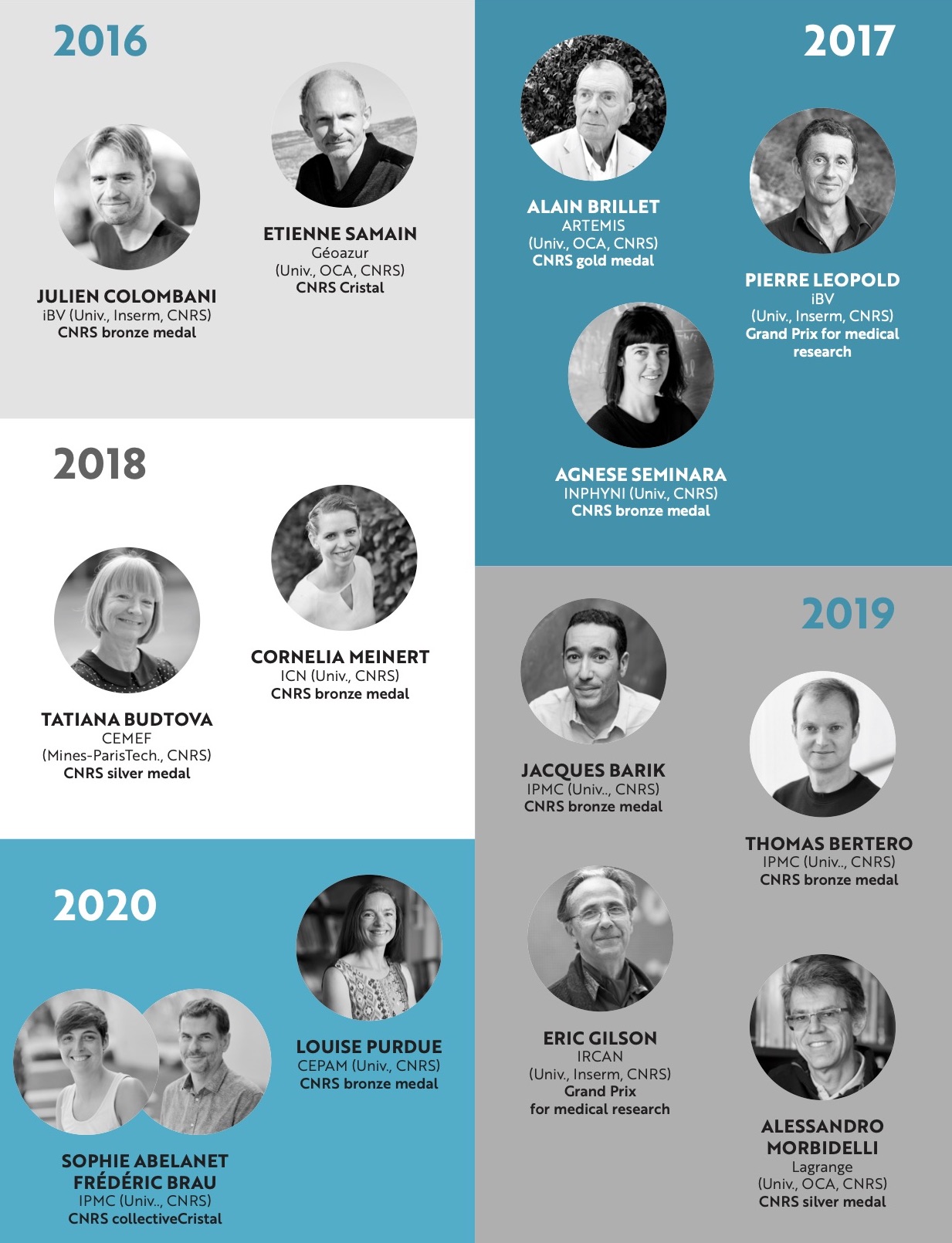
Modeling for a better understanding of biological processes
Several projects supported by UCAJEDI aimed to develop modeling tools to better understand biological processes associated with human health:
MNC3 project: Promoting the use of informatics and ICT to improve diagnosis, treatment, and monitoring of neurological and psychiatric diseases by integrating heterogeneous data, and promoting educational programs to connect different disciplines.
Vader center: the center for virtual modeling of respiration (Vader) focuses on interdisciplinary research on respiration at Université Côte d'Azur. A particular emphasis is put on the implementation of mathematical and digital models to understand the physical and chemical processes involved in respiratory function.
Human cell atlas project: biologists from Université Côte d'Azur are involved in this international collaborative community whose aim is to create comprehensive reference maps of all human cells as a basis for understanding human health and for diagnosing, monitoring, and treating disease.
UCAJEDI's research program in numbers (source: Lime Survey)
574 research projects funded
>25 M€ of cumulated funding
>2000 researchers involved
Research Calls for proposals
- IDEX UCAJ.E.D.I. CALL FOR APPLICATIONS ''EXCELLENCE FELLOWSHIPS FOR YOUNG RESEARCHERS'' 2023June 30, 2023As part of the UCAJ.E.D.I Initiative of Excellence and its policy of attractiveness, Université Côte d'Azur is launching a call for applications for “Fellowships for Young Researchers” aimed at promoting the recruitment of young postdoctoral researchers to its research laboratories.
- INDIVIDUAL COACHING ADDRESSED TO ERC CANDIDATESMarch 24, 2021The IDEX UCAJEDI has joined forces with the European Joint Office (UCA, OCA, CNRS, Inria, SKEMA and CHU de Nice) in order to support you in submitting your ERC projects.
- Closed Calls for Proposals
-
- "CALL FOR APPLICATIONS FOR THE UCAJEDI ADVANCED RESEARCH PROGRAM 2021- EXTERNAL CAMPAIGN"
- "CALL FOR APPLICATIONS FOR THE UCAJEDI ADVANCED RESEARCH PROGRAM 2021- INTERNAL CAMPAIGN"
- CALL FOR APPLICATIONS FOR THE UCAJEDI ADVANCED RESEARCH PROGRAM 2022 - EXTERNAL CAMPAIGN_INTERNATIONAL
- CALL FOR APPLICATIONS FOR THE UCAJEDI ADVANCED RESEARCH PROGRAM 2022- EXTERNAL CAMPAIGN_UKRAINE RESIDENTS RESEARCHERS AND ARTISTS
- UCAJ.E.D.I. Advanced Research Program 2023 Internal Campaign
- UCAJ.E.D.I. Advanced Research Program 2023 External campaign
- UCAJEDI CALL FOR APPLICATIONS "FELLOWSHIPS FOR YOUNG RESEARCHERS" 2021
- UCAJEDI CALL FOR APPLICATIONS "FELLOWSHIPS FOR YOUNG RESEARCHERS" 2022

